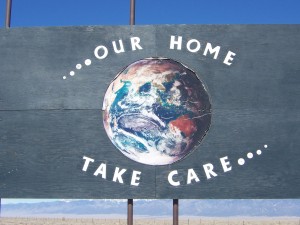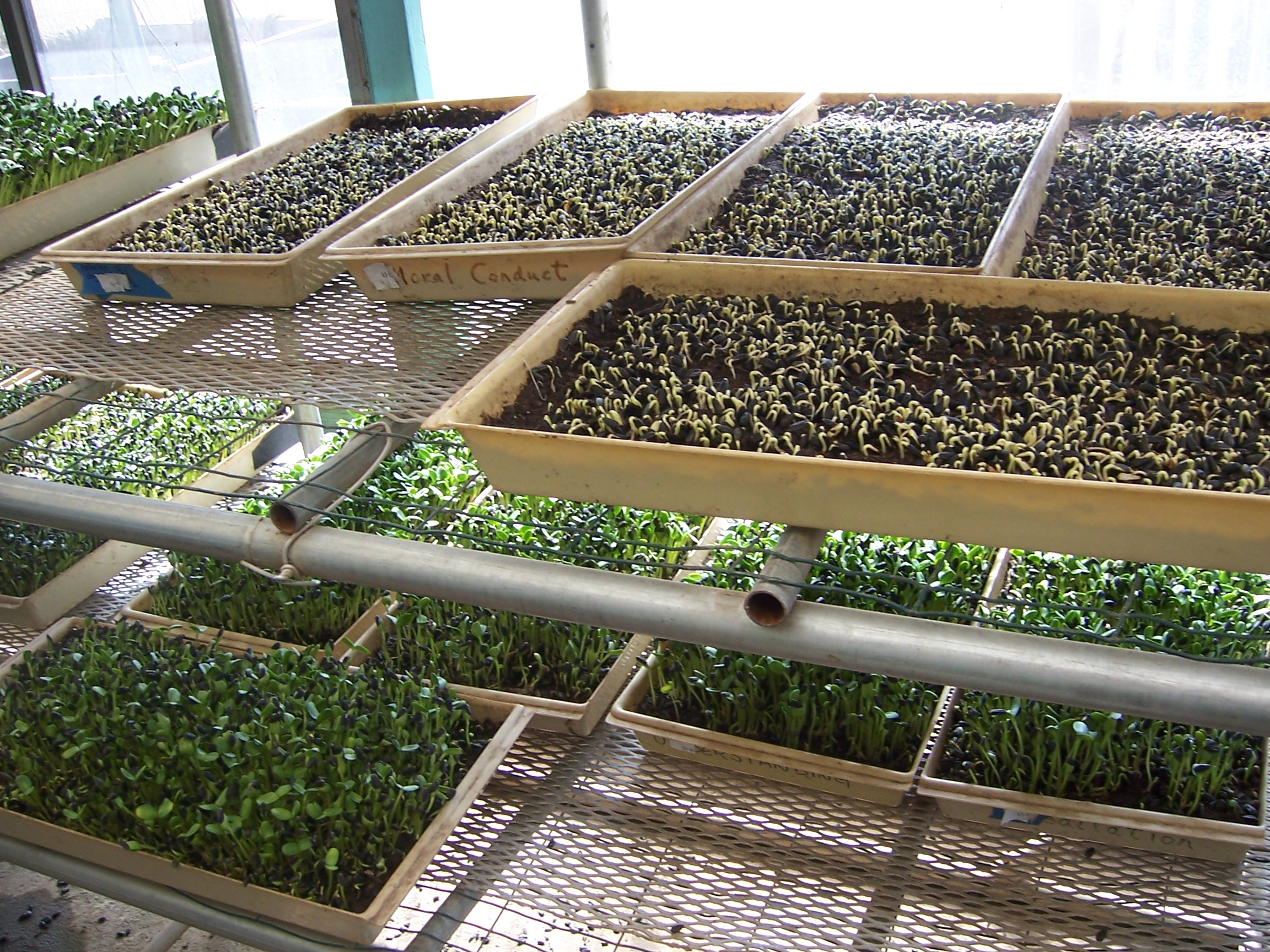
We have come to a point of instability. Our environment is under siege and our human population is increasing at an unsustainable rate (Lappe, 2010). The greatest paradox in the environmental crisis is that it is of human origin (Briggs, 2003). Pharmaceuticals, pest pollutants, industrial chemicals, heavy metals, hormones (Edwards & Meyers, 2008), agricultural wastes, improper waste disposal, transportation (Briggs, 2003), radiation (Page, Petrie, & Wessly, 2006), and animal agriculture (Lappe, 2010) are some of the significant polluters of industrialization, globalization, and human psychological misconception. Animal agriculture is the most significant (Lappe, 2010). Environmental pollutants are responsible for our current climate change (Roberts & Bacon, 1997, Lappe, 2010) and strongly connected to human psychological and physiological “dis-ease”.
The Dominant Social Paradigm (DSP) describes how human beings distort their true nature of being interconnected with all beings and all things (Roberts & Bacon, 1997). It is a paradigm that believes that we are the doers and that the earth was created for our control, just as in man’s misinterpretation of the Book of Genesis, believing that man has dominion over Nature (Roberts & Bacon, 1997). The DSP brings to attention the previous and current beliefs held by humans that there are unlimited resources, that private property is a right, growth is necessary, living in harmony with nature threatens economic growth, and that science will be able to solve all environmental problems (Roberts & Bacon, 1997). Perhaps the greatest human misconception is that we can create or think of anything as permanent.
Man’s perception that the earth is here for us to control, weak environmental legislation (Briggs, 2003), lack of policy, and conflicts of interest between corporate economic growth and environmental protection (Jaffe, Newell, & Stavins, 2004) has led to our increasing environmental health risks, especially in developing countries (Briggs, 2003). There are study correlations between environmental pollution and cardiovascular disease (Brook, Franklin, Cascio, Hong, & Tager, 2011), breast cancer (Wolf & Toniolo, 1995), Lung cancer (Page, Petrie, & Wessely, 2006), birth defects (Brook, et al., 2011), respiratory disease (Frampton, Samet, & Utell, 1991), anxiety, depression, and fear (Page, et al., 2006). One of the greatest challenges to environmental disease theories is that it takes time for a disease to develop and time for critical levels of exposure (Briggs, 2003). There is also the challenge of individual freedom versus policy change (Schneider, 2006). Many people still believe that environmental protection is up to the government and don’t pay attention to how their actions can contribute to environmental pollution or protection (Schneider, 2006). Education, research credibility, self-reflection and policy change are some necessary actions that need to be implemented, and we are running out of time.













